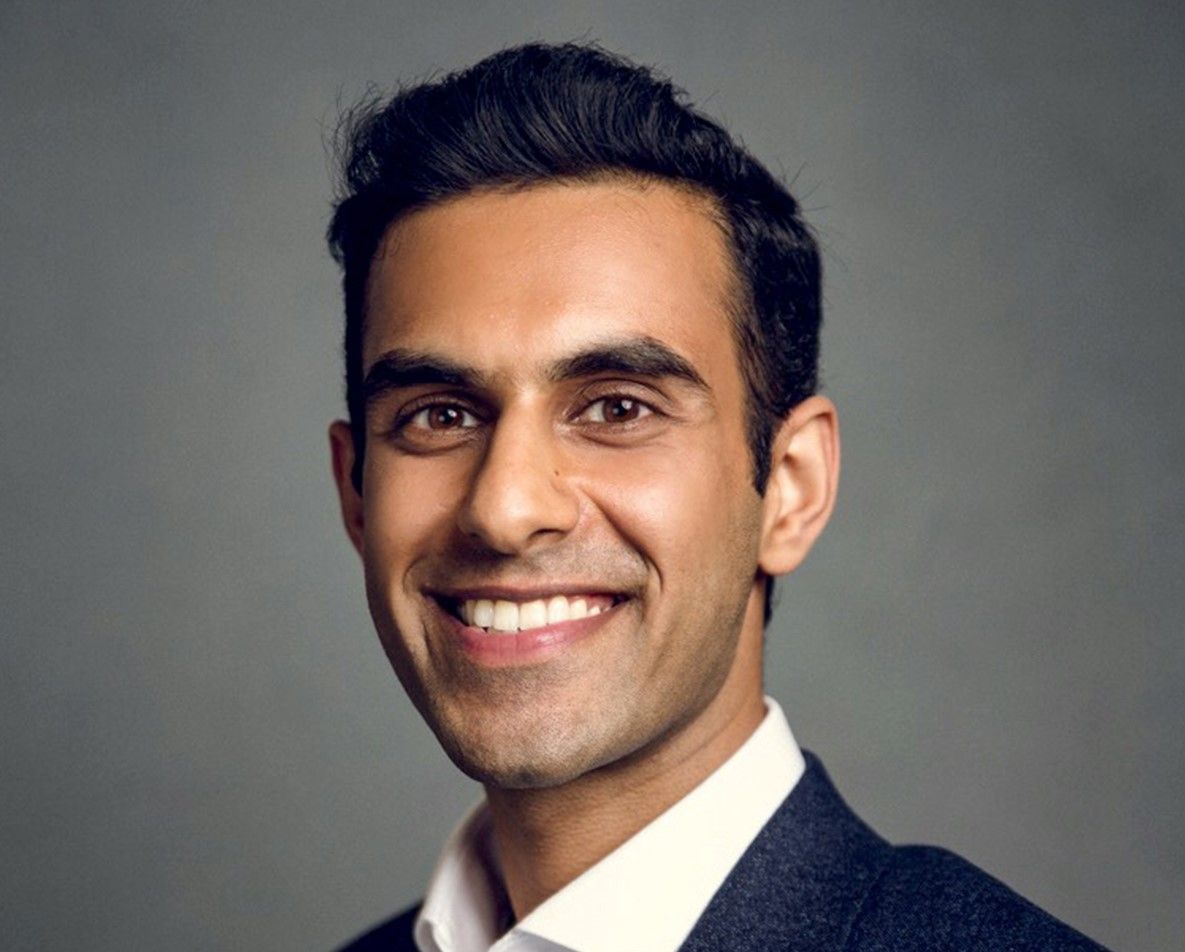
Mobius Capital Partners has separated out analysis of corporate culture within the companies it invests in as a distinct category, creating a new framework named ESG+C.
Usman Ali (pictured), partner at Mobius Capital Partner, explained the new framework in an interview with ESG Clarity saying the group has spent a lot of time assessing corporate culture. It found not only does it have a huge impact on financial performance but, particularly in the various developing areas the team invests in, there are many differences from country to country. Therefore, the team concluded it needed to be classified separately from ESG credentials and implemented the new ESG+C framework at the end of December.
Mobius Capital Partners was set up by emerging markets investment veteran Mark Mobius in 2018 and has since launched an open-ended Emerging Markets SICAV and the Mobius Investment Trust. Both are highly concentrated portfolios investing in emerging and frontier markets with a focus on mid-cap companies, and ESG analysis is integrated into the investment process. The group highlighted there are currently lower ESG standards in emerging and frontier markets, which offer an opportunity for the team to actively engage with the companies and create value by delivering a clear ESG pathway.
ESG+C
The group stated integrating ESG factors into the investment process has become common over the years, but a “crucial and missing component” within this is corporate culture. While there is strong evidence ESG leaders tend to outperform their peers, the Mobius team said companies with strong corporate cultures provide an additional driver of outperformance over the long term.
Ali explained: “We have decided to separate out culture as a distinct and separate category. Yes it falls under the S and G of ESG, but it requires a dedicated resource effort as it is very difficult to measure, and it’s not something that is paid much attention to in EMs.
“We cannot ‘see’ culture or easily quantify it but is has a clear impact on a company’s productivity, returns and profitability.”
He pointed to research that found a portfolio of US companies that were recorded as the Glassdoor Best Places to Work 2009, significantly outperformed the S&P 500 with an annualised excess return of 265%.
Nuances
With the vast array of countries in emerging markets to research, Ali said there are much greater differences to consider than if the team were investing in developed markets.
“We are talking to chairs of boards and CEOs about the different cultural nuances between them all. There is a not a framework that works across the world, which is why scoring doesn’t work. Something that can mean something very important in one culture, might not mean very much in another.
“For example, the culture around communications and decision making in Europe can be quite clear but in EMs there are words that are not said and you have to look underneath that – it is a different style.
“In Europe and the Nordics, management can be challenged by employees, but in Asia its quite hierarchical – you have to understand those different styles. We are not saying hierarchical doesn’t work – there are different ways of doing things and the key for us is understanding what exactly the culture is.”
See also: – City Hive launches industry kitemark to catalyse change in corporate culture
There are a number of aspects the team consider in conversations with companies. Ali listed several:
“Equality – what are the gender pay gaps, the male to female ratio on the workforce, the transparency around promotions.
“We also look at recruitment – how they are hiring, what is the process, who are they hiring from, what is turnover like?
“Compensation is also a big part of it – how are staff being paid? Do they have stock options in place? If not, why not? And that is not necessarily a bad thing for most, but in some countries in some sectors to attract talent you need to have cash bonuses in place.
“Also, what keeps employees motivated can vary. How are they incentivised, what is their long-term career path, are they being recognised? How they are motivated? It’s not always about success. And do the employees care about the success of the company? These are all things we consider but it varies in different regions on where the importance lies.”
Engagement
Ali pointed out the Mobius strategies are focused on active ownership: “It is not simply buy and hold, it is to buy, engage and hold.”
He highlighted founder Mark Mobius trained in social psychology before he was a fund manager, which has played a key part in their assessment of corporate culture.
“He is very good at understanding people. He has shared his experiences with the team and we also have the relationships our team has built over the past 10-15 years to help us with engagement.”
Ali added, noting that conversations around culture can sometimes be sensitive, when engaging with companies the team usually start with the “low hanging fruit” and encourage the management team to improve the quality of their presentations and reporting, before moving on to “more difficult discussions around culture”.
He added this approach means companies are more forthcoming and, for example, a woman is appointed to the board by mutual agreement between the management and them as shareholders.
“Underpinning all this is that we don’t just see this as a framework, it really is a driver of returns,” Ali added.








